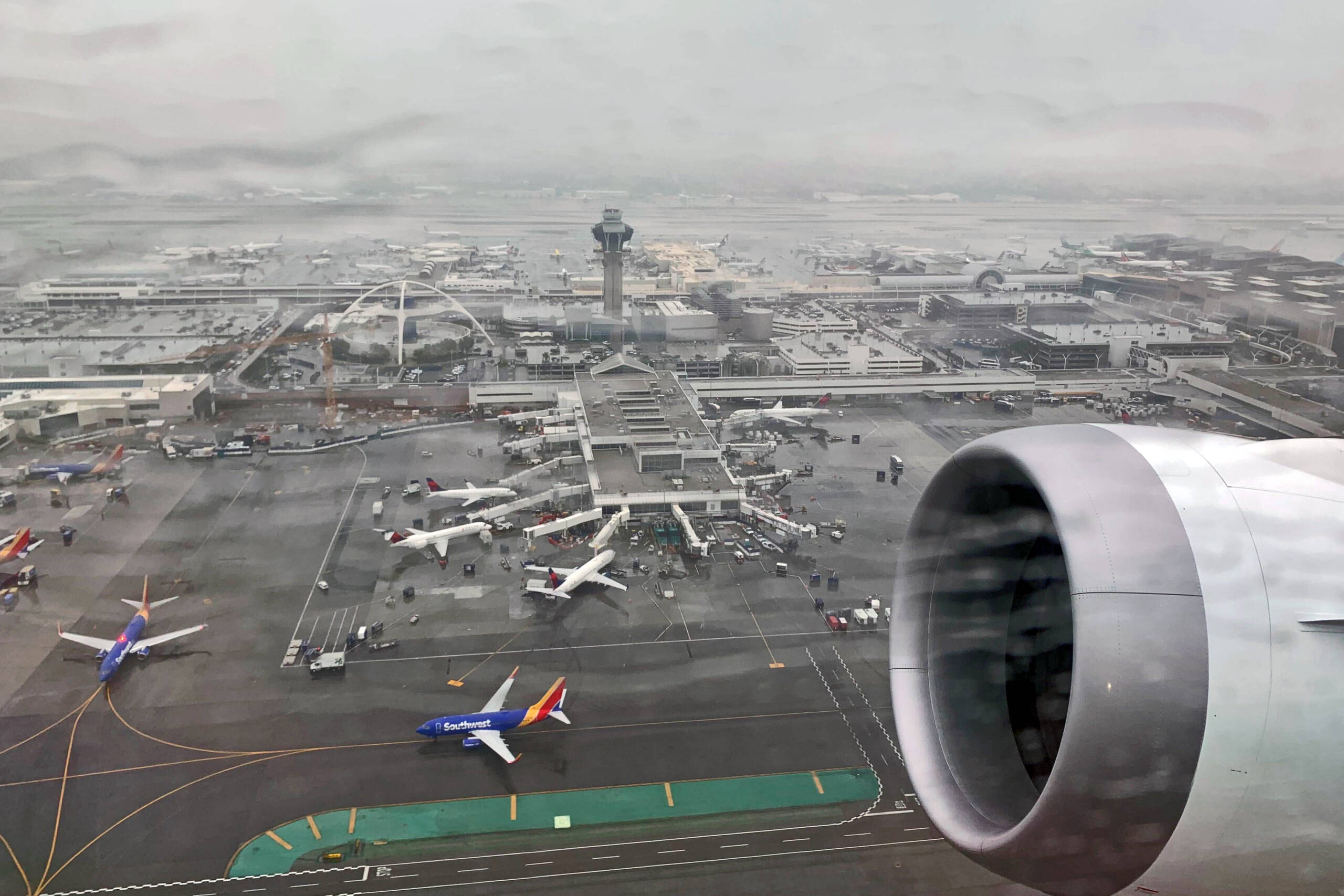How airlines may choose to make up for those recently eliminated $200 change fees
There's been a lot of praise for airlines over the last week. In a permanent expansion of their current change fee waivers, some of the largest U.S. carriers have followed Southwest's model of not charging change fees at all, saving customers up to $200 a pop.
United Airlines was the first carrier to announce the permanent end of change fees, almost a week ago. Then American and Delta followed suit, before Alaska and Hawaiian rolled out similar policies of their own.
On the surface, it's a boon for consumers. With a looming fee, travelers feel locked into their plans, giving airlines some certainty when it comes to whether or not customers will fly as booked. Worst case, carriers end up $200 richer if flyers end up changing their plans.
Related: How no-change-fee policies stack up against Southwest
The certainty required for that model to work simply doesn't exist during the pandemic, and may not for some time to come. Travelers don't know if evolving quarantine or entry requirements will leave them forced to cancel a trip, leading many customers to avoid flying altogether, opting for road trips, instead.
With change fees permanently removed, customers should theoretically feel more comfortable purchasing a flight, knowing that their plans may change. A $70 round-trip fare becomes even harder to ignore — if that trip to Vegas doesn't materialize when you originally expected, you can change your dates or destination, without that pesky $200-per-person fee.
There are three big exceptions to note, however. First, when it comes to American, Delta and United, change fees still apply to international travel, where they can be even more substantial — in the case of a premium-cabin ticket, up to $450 a pop.
The second, and this is a biggie, is that most airlines have not yet committed to issuing a credit if you move to a cheaper flight. Say you booked a ticket from Newark (EWR) to Los Angeles (LAX), and, since it's a long trip, you took the plunge and booked business class, for $1,200 round-trip. If you later decide to fly to Miami (MIA) on a $200 economy round-trip, you'd forfeit the difference in fare — a cool grand.
There are some exceptions to this policy. Southwest has long issued credits when moving to a cheaper flight, for example, and American has committed to doing the same.

Related: How to survive basic economy on American Airlines
Alaska and Delta have not yet confirmed their plans, however, and Hawaiian and United have both stated that the residual will be lost when moving to a lower-cost flight. In certain cases, this policy can be far more lucrative for the airline than a $200 change fee.
The most notable exception, however, is that basic economy tickets are specifically excluded from these waived-fee policies — and that, dear reader, is the third exception where I expect airlines to make up the majority of the difference.
Also: What to expect when flying Delta basic economy
Flexibility just became a perk of all "standard" economy tickets, which can cost anywhere from $15 to hundreds of dollars more than a basic economy ticket, each way. Take this Miami (MIA)-Philadelphia (PHL) trip below. You can book seven basic economy tickets for the price of a single regular economy seat.
While basic economy tickets can be adjusted free of charge under current change-fee waivers, those policies are largely expected to expire at the end of the year. Beginning in 2021, flyers will likely need to buy up to regular economy to have any flexibility when it comes to changing their ticket, even if the pandemic's still impacting travel at that time.
I also suspect that we'll see even more differentiation when it comes to pricing in the future. In most cases, I've recently seen American and Delta offer regular economy buy-ups for $15 each way, with some exceptions here and there. United, meanwhile, consistently charges $35 to pay your way out of basic economy — buy-ups total $70 on a round-trip.
Related: How to survive Basic Economy on United Airlines
Once the basic economy change fee waivers are no more, and tickets become entirely unchangeable, customers will have much more incentive to pay a higher fee to move up to regular coach. As much as I hope $15 buy-ups stick around, we'll likely see rates jump significantly, giving airlines an opportunity to make up some of the revenue lost from these freshly eliminated fees.
